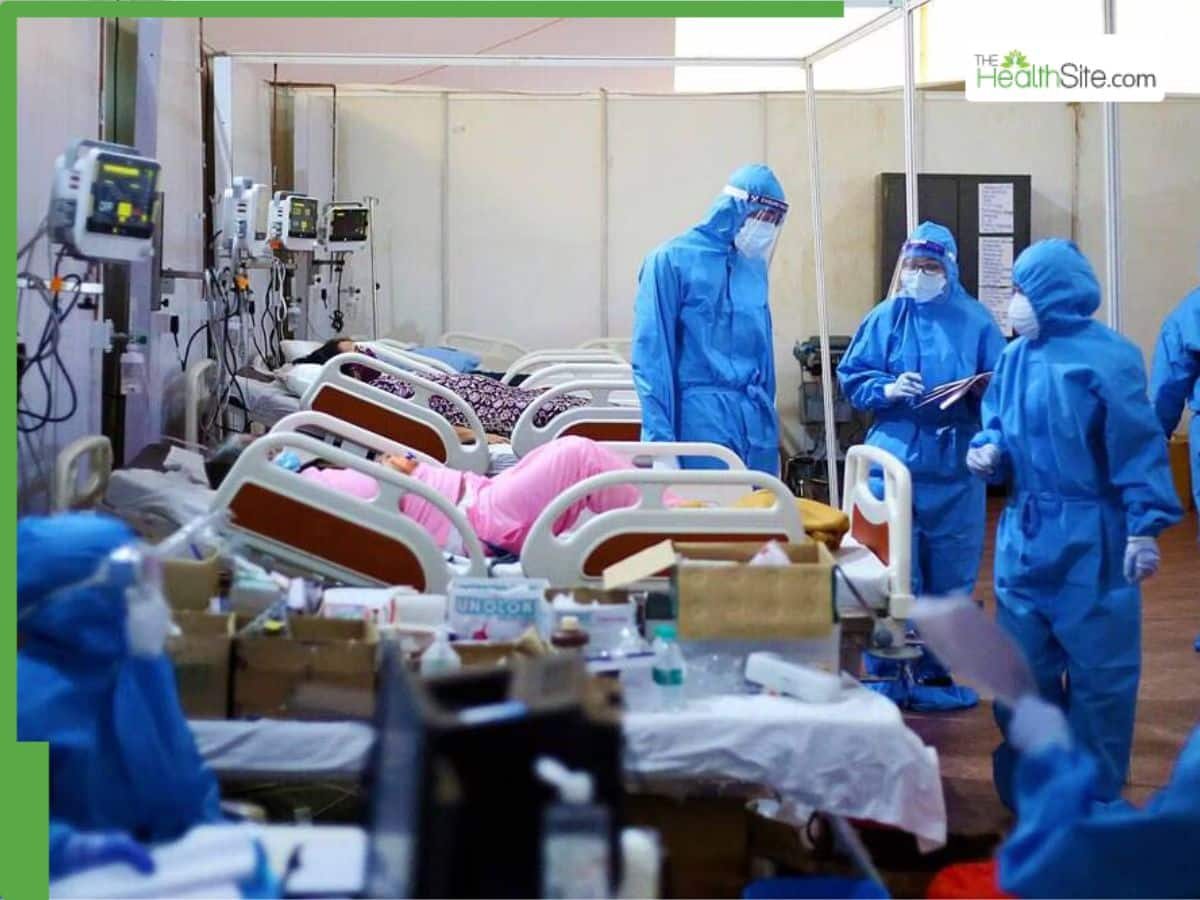COVID Increases Miscarriage Risk
:max_bytes(150000):strip_icc()/covid-study-GettyImages-1737003345-9cfdad66b54344a48baae306c4334023.jpg)
A recent study has revealed that individuals infected with COVID-19 before or during pregnancy face a significantly higher risk of miscarriage before the 20th week of pregnancy. The study, encompassing nearly 27,000 pregnancies and utilizing electronic health records from 2019 to 2023, found that the odds of miscarriage were two to three times greater for those with prior COVID-19 infections. Researchers also assessed the incidence of ectopic pregnancy and preterm delivery.
Micaela Sandoval, PhD, MPH, an epidemiologist with UTHealth Houston and one of the study authors, clarified that while the overall miscarriage rate was 6%, it was notably higher among individuals who had contracted COVID-19. The study indicated that women with moderate to severe COVID-19 before pregnancy had 2.81 times higher odds of miscarriage, while those with such infections in early pregnancy had 2.45 times greater odds compared to those without COVID-19 during pregnancy.
Sasha Andrews, MD, a maternal-fetal medicine specialist at Pediatrix Medical Group in Denver, Colorado, not involved in the study, noted that the study's miscarriage rate was lower than the generally quoted 15% for recognized pregnancies in the first trimester. However, she emphasized that accurately determining the incidence of miscarriage is challenging and varies across study populations, as many losses occur before pregnancy diagnosis.
The study also identified factors such as increasing age, Black or Hispanic ethnicity, and pre-existing medical conditions as contributors to increased miscarriage risk, aligning with findings from other studies unrelated to COVID-19, according to Dr. Andrews.
Amanda P. Williams, MD, MPH, FACOG, interim chief medical officer for the March of Dimes, explained that COVID-19 places substantial stress on the body, particularly during early pregnancy when the fetus is developing. Pregnancy compromises the immune system, making individuals more susceptible to viruses like COVID-19. The resulting immune response and inflammation can negatively impact the placenta and fetus. High fevers caused by COVID-19 are also a known risk factor for pregnancy loss, and severe infections can impair placental function and limit oxygen delivery to the fetus.
Dr. Sandoval emphasized the importance of vaccination and post-COVID management for pregnant individuals or those planning pregnancy, advising them to consult their doctors about the COVID-19 vaccine and available management options. Pregnant women suspecting COVID-19 should promptly inform their healthcare providers to discuss potential treatment strategies.
Dr. Williams highlighted that miscarriage risk is influenced by numerous factors, including advanced maternal age, chronic health conditions, and systemic inequities, particularly among communities of color. COVID-19 appears to amplify these existing risks. Lauren Demosthenes, MD, an OB-GYN, senior medical director with Babyscripts, and associate professor at the University of South Carolina School of Medicine, Greenville, added that smoking, alcohol, and diabetes can also influence miscarriage risks. However, the primary cause of first-trimester miscarriage remains genetic abnormalities, which increase with maternal age.
To manage miscarriage risk and promote a healthy pregnancy, experts recommend prioritizing prenatal care, discussing COVID-19 exposure with healthcare providers, considering recommended vaccines (COVID-19, Influenza, RSV, and Pertussis), managing chronic health conditions, and adopting healthy lifestyle habits such as rest, nutritious meals, hydration, and prenatal vitamins with folic acid. Avoiding harmful substances like smoking, alcohol, and drugs is also crucial.
Katherine Wolfe, DO, a maternal-fetal specialist and the director of the Diabetes and Pregnancy Program at Akron Children's, noted that miscarriage is often due to underlying genetic conditions beyond one's control and emphasized the importance of emotional support following such a loss.
Preventive measures against COVID-19, aside from vaccination, include practicing good hand hygiene, avoiding contact with sick individuals, improving indoor air quality, and wearing masks in crowded areas, according to Dr. Wolfe.
If a pregnant individual tests positive for COVID-19, contacting their OB-GYN or midwife is crucial to understand potential implications for the pregnancy and determine necessary monitoring or care. Healthcare providers may recommend treating COVID-19 with Paxlovid during pregnancy, as COVID-19 can increase the risk of adverse pregnancy outcomes like preeclampsia and preterm delivery, as well as more serious illness, according to Dr. Demosthenes.
Dr. Andrews reassured that COVID-19 has not been associated with fetal malformations, and some studies have not demonstrated an increased risk of miscarriage. While concerns are normal, a COVID-19 infection does not guarantee complications or a miscarriage. Staying informed and connected with healthcare providers remains the best approach to protect the health of both the pregnant individual and the baby.












